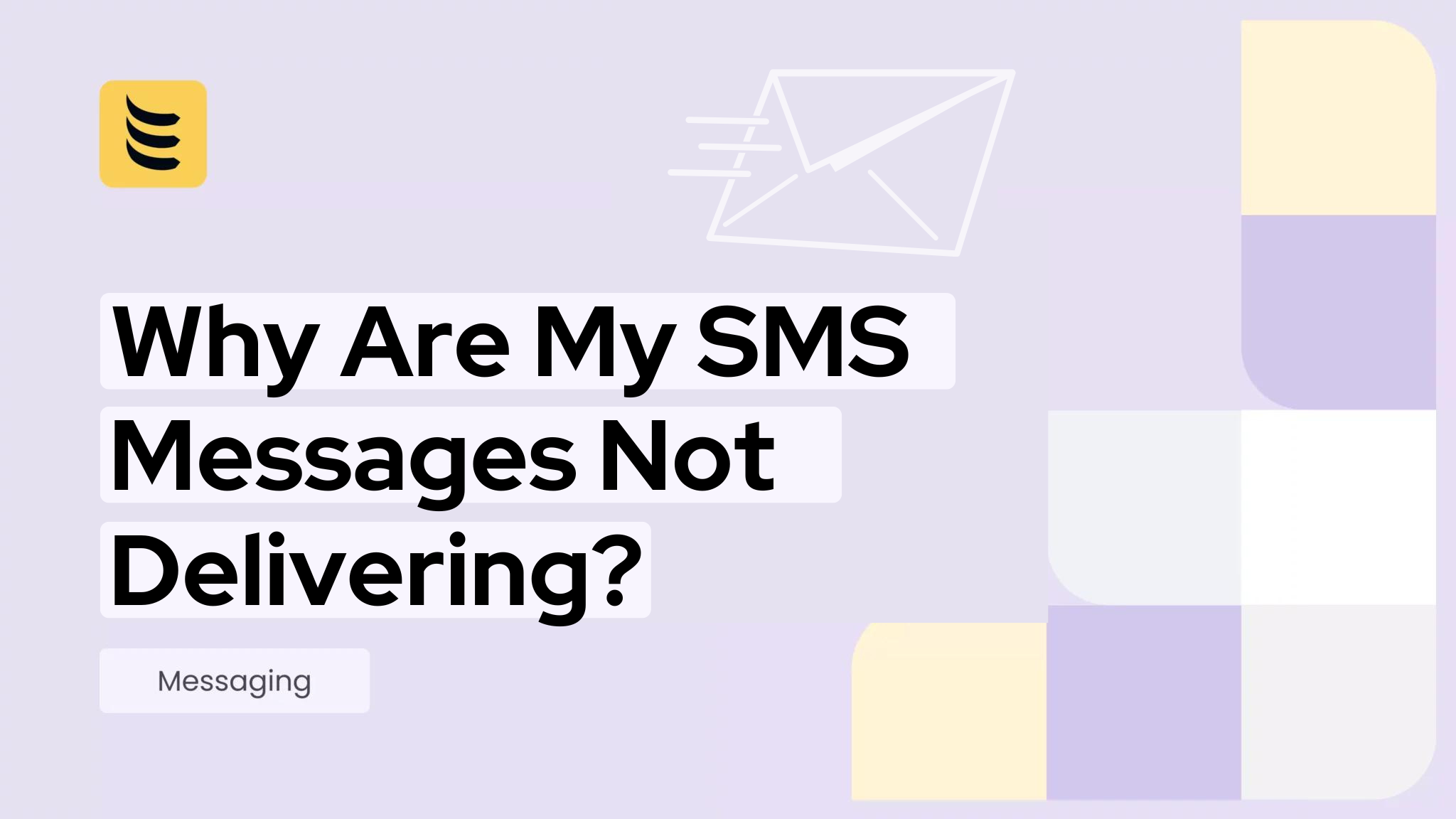DID phone numbers offer many great opportunities for expanding your marketing, sales, operational, and technical capabilities. For one thing, businesses can use these numbers to enhance their image, expand their local presence, and connect to new markets at little cost.
Let’s take a look at how DID numbers could fit into your catalog and how you could use them to generate profits.
About DID Phone Numbers
DID stands for “direct inward dialing.” In some parts of the world, they are called “direct dial-in” numbers, or DDI. The distinguishing attribute of DID phone numbers is that they are free-floating—they aren’t attached to a physical location.
In general, phone calls work as follows: Country codes and area codes on telephone numbers help calls to be routed through the global telephone network. Within the zone covered by the area code, the main telephone number then directs the connection through local exchanges. The result of this routing is a ringing sound on a phone in a building.
The advantage of the unattached nature of DID phone numbers is that it enables companies to show presence in a certain location even though they might actually be on the other side of the world. Standard telephone routing is dictated by the number. However, in the case of DID numbers, the number’s local destination is an agency that will automatically channel calls to that number onto the internet. The location to which the connection is diverted is up to the number’s owner. Calls can be directed through to a computer, a handset, or even a mobile device.
When a call is made to another phone within the same area code, the caller only needs to dial the main number without the country code or area code—the call will default to the same area code as the caller’s number. This is where the main value of DID phone numbers lie.
Potential customers are not very likely to dial an overseas number to make an inquiry—even calling numbers in other areas within the same country can prove expensive in some cases. However, many people get free local calls with their phone plans, so having a location in a large city effectively gives a company a freephone (or “toll free”) number.
The Operational Value of DID Numbers
The ability to substitute local numbers for toll free numbers is the tip of the iceberg. Toll free numbers are just a reverse charge technique. Someone has to pay for those callers, and retailers choose to absorb the constant freephone bills as a marketing cost. However, with DID numbers, the caller may just have to pay for a local call and there is no charge for the business that receives that call.
Companies that buy DID numbers use them in conjunction with VoIP telephone services. A cloud-based PBX that forms part of the VoIP service enables the number’s owner to direct calls made to it onto a specific device. It doesn’t matter where in the world that device is—the owner just needs to have an internet connection and a VoIP service subscription. There usually aren’t any per-call charges levied by these VoIP services, so receiving calls becomes virtually free.
As such, it’s very easy to have a New York number and have calls to it channeled to a call center in India. Offshore call centers cut operational costs drastically. However, without a DID number offering a local number, New Yorkers are less likely to call telephone operators in Mumbai. Add on a number in Chicago, another in Miami, one in Los Angeles, one in Dallas, and another in San Francisco and you have a presence in all of the major US population centers without having to pay the high rents for offices in those locations.
The calls from various local DID phone numbers can be sent over the internet to a single call center. As the calls arrive in a digitized format, they can easily be channeled through routing software and CRM systems. Offering a DID number service to your customers provides them with this ability to open outlets in different cities at very little operational cost.
The Marketing Value of DID Numbers
As a retailer, your business understands the value of establishing a rapport with potential customers. DID numbers offer you a way to provide a cultural bridge to the businesses you serve for use in their marketing efforts.
Many buyers favor products offered by businesses in their locality, and it’s certainly not uncommon for some countries to resist products from other nations. DID phone numbers help to break down that resistance by offering businesses a way to virtually expand into a new country.
Opening overseas offices is a big undertaking and represents a financial risk for businesses. Smaller businesses are less inclined to take that big step and thus miss out on expansion opportunities. Thanks to e-commerce, many marketing office activities can be managed remotely from the company’s head office in its home country.
A DID number is the final piece in the puzzle of cracking a new market. By providing a local number, an expanding company can create a channel for new customers to contact the sales office without knowing that they are calling overseas or paying associated fees. This also applies to sales challenges that businesses may face domestically due to regional prejudice. DID numbers add the prestige of a good location without having to pay out for offices in that place.
What Businesses Can Sell DID Numbers?

VoIP service providers are the main industry sector that would benefit from reselling DID number services, but they’re not the only ones. Marketing businesses and management consultancies are other examples of businesses that could capitalize on the power of moveable telephone numbers.
In addition, regional government business bureaus and trade departments might also consider making overseas DID numbers available to local businesses to encourage exporters. In fact, any operation that supports and advises other businesses to succeed could benefit from adding DID number sales to its catalog of services.
Agencies that offer services to startup businesses would particularly profit from becoming DID telephone number resellers. Sometimes, new and small businesses need to get running from the founder’s home or very small premises. However, a successful startup will expand quickly and soon need to move to a larger office space. Reprinting all stationery at every move would prove expensive. Since a DID number is not fixed to one location, it can be an ideal tool for new businesses.
Sole traders who often operate from their clients’ offices would also benefit from the flexibility offered by DID numbers. Those numbers can be routed through to mobile devices, so being out of the office won’t mean missing calls from potential new customers.
If you run a business that is likely to attract inquiries from entrepreneurs, you are in a position to offer DID numbers. This includes accountancy practices, software sales outlets, stationary printers, website designers, legal advisers, and banking services. Reselling DID numbers is an easy business to add to your core activities and builds profits with low overheads.
Why Resell DID Numbers?
Given that selling DID numbers can be very beneficial, why settle for just reselling them? Well, the telecoms industry is a little complicated. Not everyone can acquire telephone numbers and the rules surrounding their sale are different in each country. In the United States, there can even be different rules from state to state.
DID number providers are large operations; they have to run offices in many cities and countries all over the world. It would not be very efficient to detail where you would go in each country to acquire numbers wholesale and how you would then go about selling them on.
Let’s take a look at just the DID industry in the United States. The main obstacle to setting up a full DID service is that new telephone numbers are only sold to licensed dealers that have the approval of the Federal Communications Commission.
Numbers are released periodically by an agency of the FCC called the North American Numbering Plan Administration. They are allocated in blocks of 50,000 and cannot be sold in smaller increments. So, if you want to get numbers straight from the source, you will need to have a very active sales department in place in order to sell such a large quantity of telephone numbers in a reasonable amount of time. Keep in mind that this is just in order to have numbers in one country available to your customers. If you want to provide numbers all over the world, you will end up with a stock of hundreds of thousands of numbers.
As such, it isn’t practical to try to run a wholesale DID number business as a sideline. However, if you work with an existing wholesaler, you can make plenty of profit for very little effort by adding DID numbers as an extra service to your client base.
How to Source DID Numbers
Establishing alliances with several suppliers around the globe is one solution to the problem of getting a diverse source of DID phone numbers. However, it is generally much simpler and quicker to contact one DID telephone number supplier that has a comprehensive catalog of international numbers.
Fortunately, such businesses exist. IDT Express, for example, is able to provide virtual numbers in more than 70 countries around the globe. Reach out today to get set up with a free trial account.




